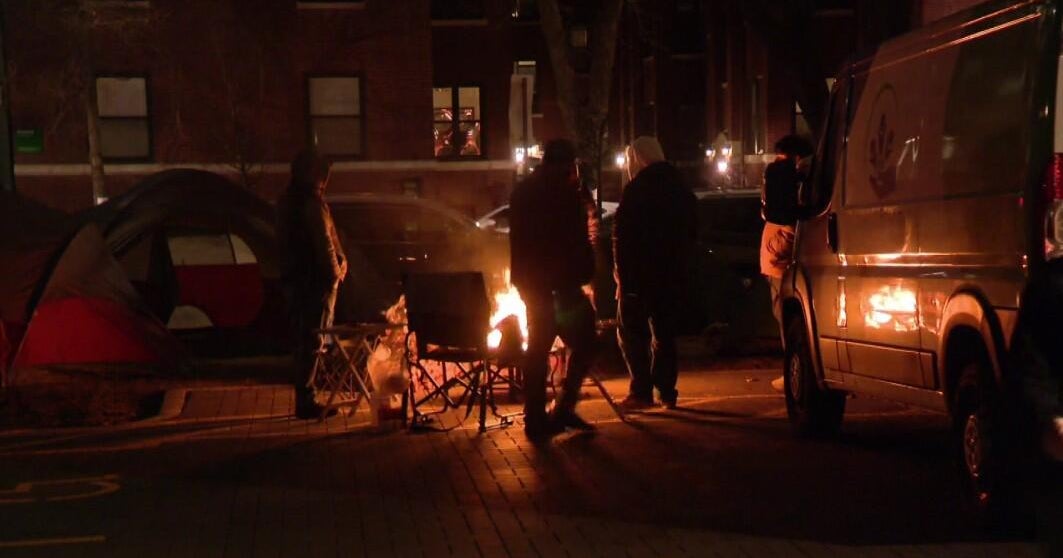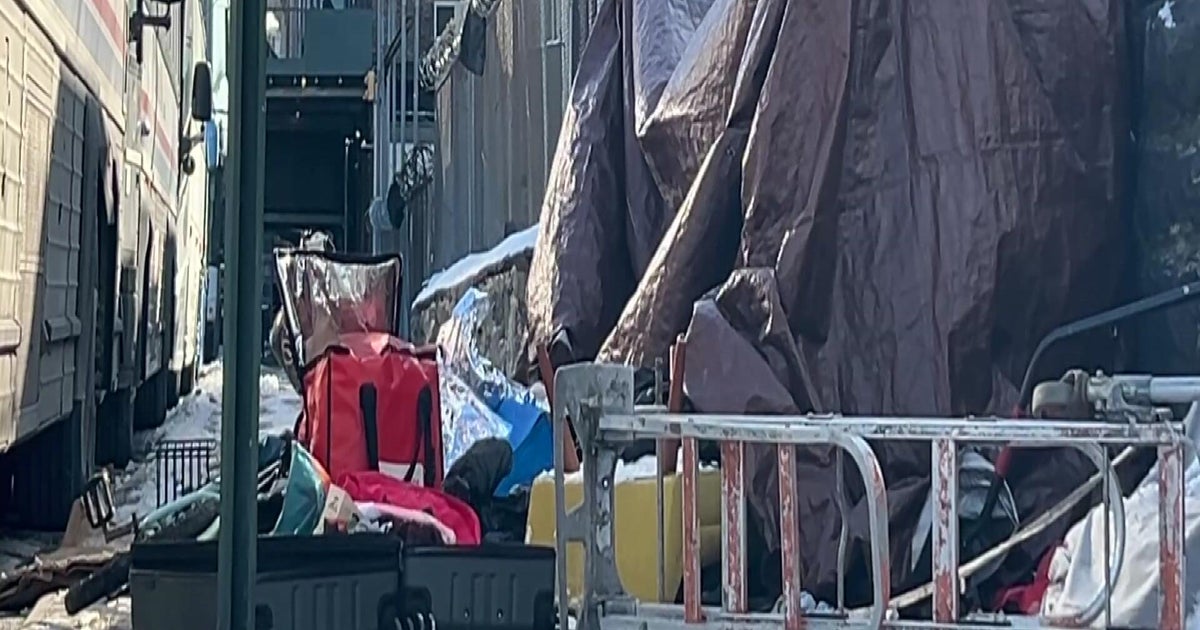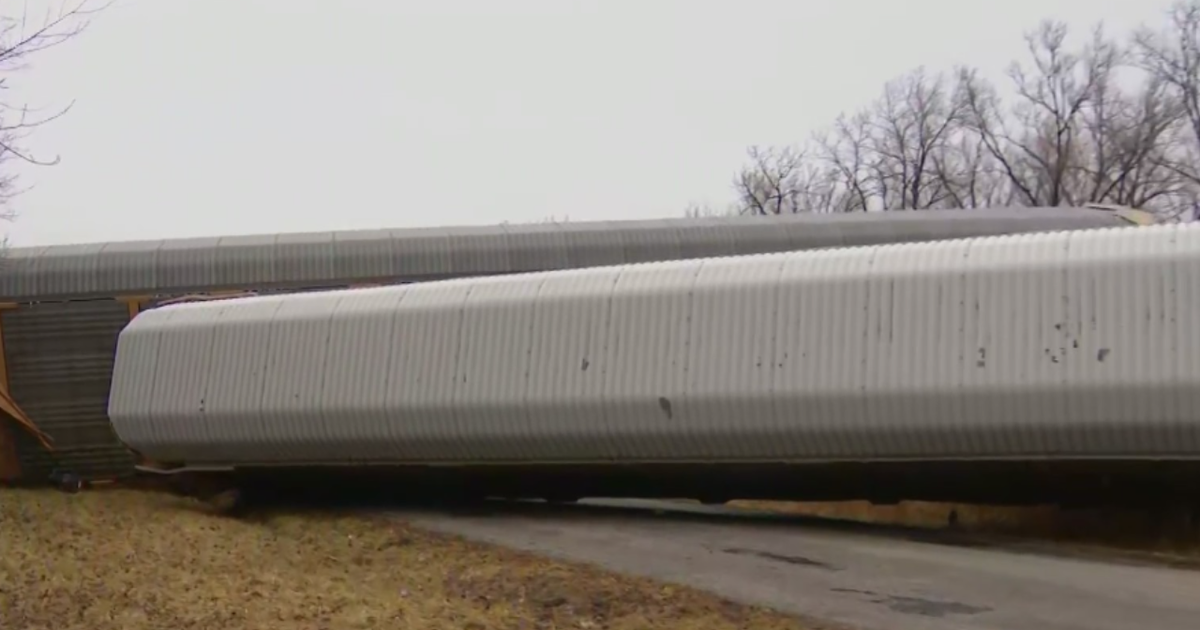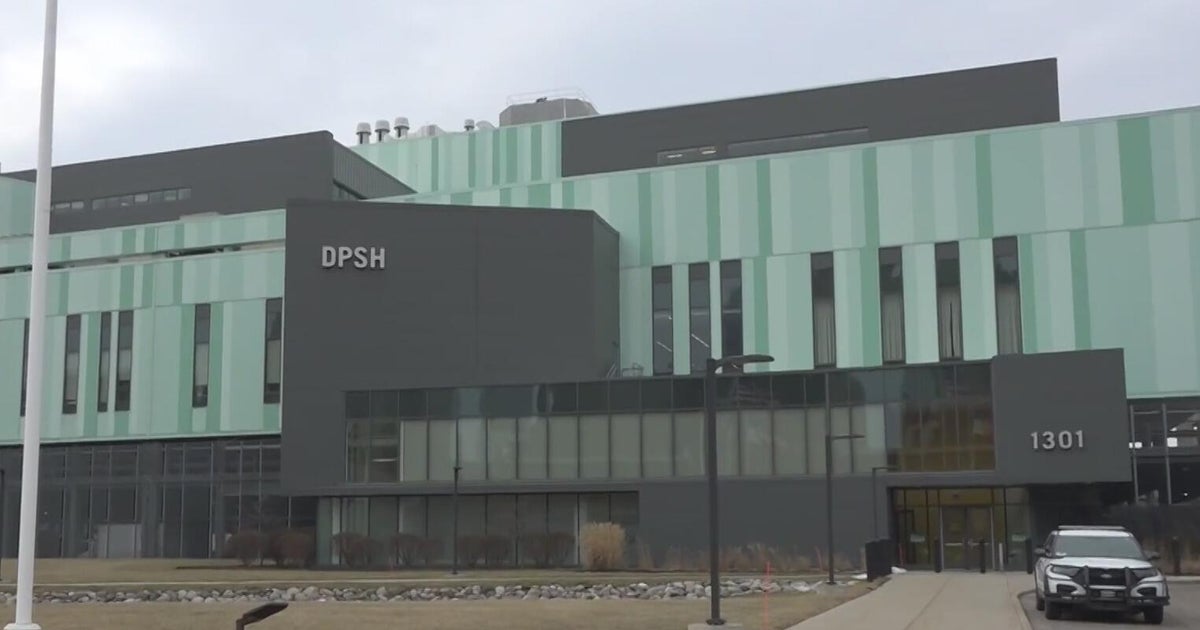Chicago's first chief homelessness officer says she's up to the challenge
CHICAGO (CBS) -- Ending homelessness in five years is a lofty goal—but the city's five-year plan is really about better addressing the issue.
The city's very first chief homelessness officer, Sendy Soto, sat down with CBS 2 on Tuesday to go over her plans for the new position, the city, and the changes she says she already working to implement.
This all comes as homelessness has been on the rise in Chicago, and across Illinois, for years now.
Soto has been on the job at City Hall for less than two months.
"I feel the warmth," Soto said. "I feel people are wrapping their arms around me and expecting I deliver—and certainly I can't take that for granted."
Soto previously served as the managing deputy commissioner for the Chicago Department of Housing. But that is not what Soto brought up when asked about the experience she brings to her current role.
She talked about her own lived experiences.
"It wasn't easy for us," she said, "and we had little to nothing that we could, you know, rely on, and so my family found different ways to really survive."
A lifelong Chicagoan, Soto's family immigrated from Guatemala. She talked about being 17 years old when she first felt compelled to get involved in outreach for the homeless.
"I would ride the Red Line and the Blue Line," Soto said. "I would notice that the people that were unhoused—you know, that were staying at the stations, didn't have any coats—and a remember I just grabbed a bunch of coats, and I rode the train, and I just delivered them on my own."
Soto said the issue is personal for her.
"I can go on and on," she said.
Soto said she is ready for the challenge—and she is up against a few already.
The Bring Chicago Home ballot measure failed in the Illinois primary back in March. It promised increased annual funding to get Chicagoans off the street—establishing more stable housing.
"But I know this administration was not just solely committed to that one effort to address housing and homelessness matters in the city of Chicago," said Soto.
She brought up Mayor Johnson's $600 million bond ordinance—money that will be allocated toward affordable housing—while acknowledging funding, and the budget, is her first order of business.
Another challenge, one that Soto is navigating right now, is the statewide One System Initiative—the merging of homeless shelters and migrant shelters.
"Create a process where it's fair, equitable, continues to be caring and humane," Soto said.
She added, "If there's anything I love doing, it's to be extremely honest and transparent."
In the theme of transparency, taking a look at other major cities, the Department of Homeless Services in New York City is now publishing data *daily.
In Chicago, data are gathered and published just once a year—and by the federal definition of homelessness. This does not capture everyone.
Soto said a change in this practice will be part of the five-year plan.
"What I would love to see is one central database where everybody can go, and numbers are gathered so that we can see the full picture, versus maybe getting information from different partners," said Soto.
CBS 2 is told new data from the city, with numbers of sheltered and unsheltered people experiencing homelessness across Chicago, are expected in the next month or so.







